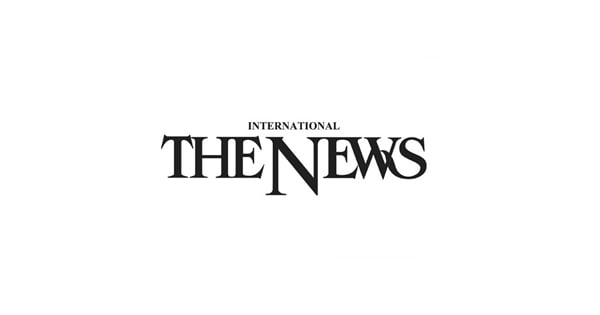LAHORE: Documentation of false trade invoicing between 134 developing countries and all of their global trading partners in 2018 was $ 1.6 trillion, the highest of which, $ 305 billion, was handled by China. Pakistan’s other trading partners are also involved in this practice.
Pakistani entrepreneurs have long complained that China’s trade data on its exports to Pakistan does not match official Pakistani data on imports from China. Chinese official exports to Pakistan are much higher than Chinese imports officially recognized in Pakistan.
A report by Global Financial Integrity (GFI) reveals that there are many other developing countries that are receiving under-invoiced Chinese goods, which robs them of billions of dollars in import taxes.
The IFM has documented the international problem of ‘false commercial invoicing’: when importers and exporters deliberately falsify the declared value of goods on invoices they submit to their customs authorities to illegally transfer money across borders international trade, evade taxes and / or tariffs, launder the proceeds of criminal activity, bypass currency controls and hide profits in offshore bank accounts.
By overvaluing or undervaluing the declared value of imports or exports, traders illegally move wealth across international borders by hiding it in regular payments for trade in the international trading system.
False trade invoicing is a major global challenge on two fronts: For customs and tax authorities around the world, especially in developing countries, bad trade invoicing reflects the loss of billions of dollars in uncollected trade-related tax revenue. every year ; and for law enforcement, false commercial invoicing facilitates illicit financial flows (IFFs) throughout the global economy.
The results further revealed that China is not the only country where the bad invoicing is coming from. Other countries include Poland, where fake invoicing occurs to the tune of $ 62.3 billion, followed by $ 38.9 billion from India, Russia of $ 32.6 billion and Malaysia. of $ 30.7 billion.
It can be noted that Pakistan trades with all of these countries, although trade with India is limited to a few items. This implies that our country could also be the victim of under-invoicing from these countries.
One thing is certain, all countries which allow the export of goods at a lower invoice value are fully aware of its implications for the importing country. These countries make sure that they receive the actual amount of merchandise from unofficial channels.
GFI explored the magnitude of this problem by examining the latest international trade data officially reported by governments to the United Nations to estimate the extent of false commercial invoicing activity occurring in the global trading system.
False commercial invoicing is one of the most important components of measurable IFFs. They analyzed the last 10 years of trade data for the 134 developing countries for which there is sufficient data available in the United Nations Comtrade database to identify the mismatches, or “value gaps”, between what two countries had declared regarding their trade with each. other.
Examining bilateral trade data for each of the 134 developing countries, GFI examined both their trade with a set of 36 advanced economies as well as their trade with all of their global trading partners for each year during the ten-year period. years of 2009. -2018 in order to identify and calculate the differences in value observed in the official data.
Differences in value, or mismatches in international trade transactions, indicate that developing countries do not collect the correct amount of trade-related taxes and duties that are owed, resulting in potentially massive income losses. While these value discrepancies are only estimates of incorrect billing, they indicate the extent of the problem.
It is important to note that while the term ‘illicit financial flows’ (IFF) tends to include many types of activity, such as tax evasion, smuggling, etc., this report only focuses on false invoicing. commercial or trade-related aspects of illicit financial flows.
It does not deal with all forms of IFF. The list of countries in this report is based on a classification system established by the International Monetary Fund (IMF), which includes categories of 148 developing countries and 36 advanced economies.
However, 14 of the 148 developing countries listed in the IMF classification were excluded from this analysis because they did not report sufficient annual trade data to the United Nations over the ten-year period 2009-2018, leaving a pool of 134. developing countries on which the report focuses.
The Pakistani government has long asked the Chinese government to reconcile its exports to Pakistan online to allow Pakistani customs to impose real import levies, but despite the agreement between the two countries, the system has failed worked.

